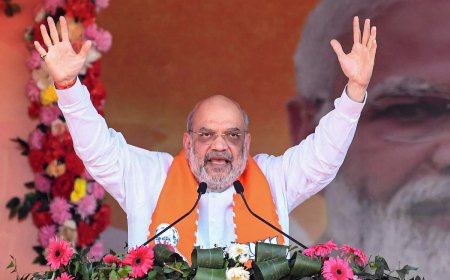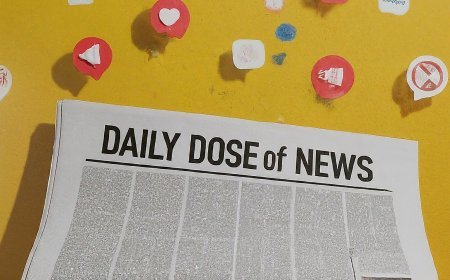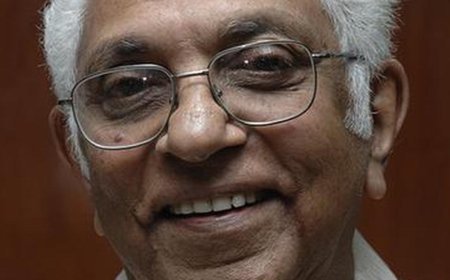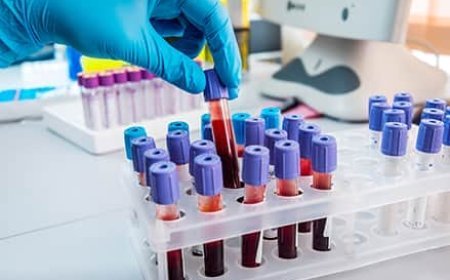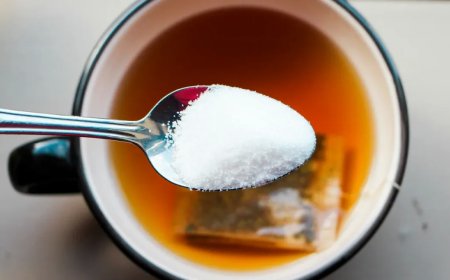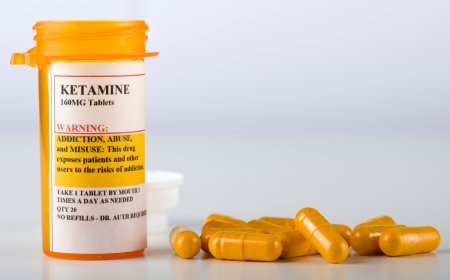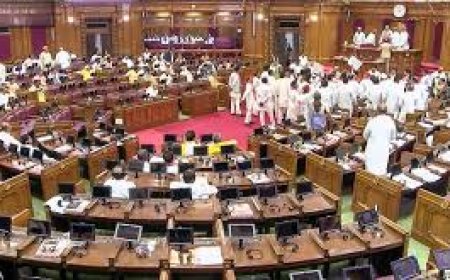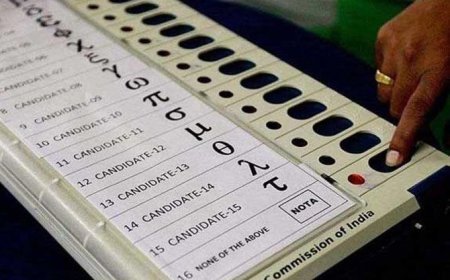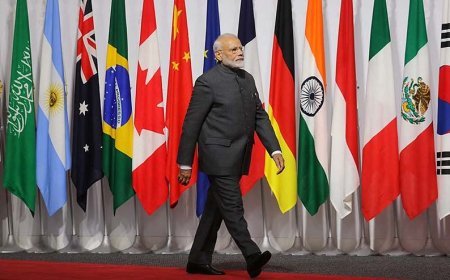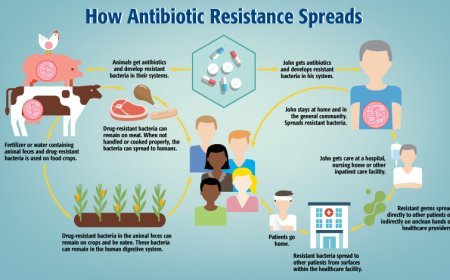Judicious Use of Sucralose as Sugar Substitute Shows Benefits for Diabetics, Indian Study Finds

Judicious Use of Sucralose as Sugar Substitute Shows Benefits for Diabetics, Indian Study Finds
In a groundbreaking study conducted in India, researchers have found that replacing sucrose, or table sugar, with the artificial sweetener sucralose in coffee and tea can offer significant benefits for individuals with type 2 diabetes (T2D). The study, published in Diabetes Therapy in late July, reported no adverse effects on glucose or HbA1c levels. Additionally, it indicated slight improvements in body weight, waist circumference, and body mass index (BMI).
The study, titled "Effect of Replacing Sucrose in Beverages with Nonnutritive Sweetener Sucralose on Cardiometabolic Risk Factors Among Asian Indian Adults with Type 2 Diabetes: A 12-Week Randomized Controlled Trial," was led by Dr. V. Mohan, chairman of the Madras Diabetes Research Foundation. It comes in the wake of a World Health Organization (WHO) advisory cautioning non-diabetics against using nonnutritive sweeteners (NNS) to control body weight.
Dr. Mohan explained the motivation behind the study: "We started this study even before the WHO’s report on sugar substitutes. We wanted to assess if there are any changes because, in India, sweeteners are used only sparingly instead of sugar, in tea and coffee, compared to the West. The study shows that there is no harm in taking sweeteners. In fact, there was a marginal improvement in body weight, BMI, and waist circumference with no impact on glucose or HbA1c levels. This is a very important point to bring out to the public since there is so much negative publicity against sweeteners, which I feel is totally unfounded."
Key Findings from the Study
The 12-week, parallel-arm randomized controlled trial involved 210 participants with T2D. These participants were divided into two groups: an intervention group, where sugar in their coffee or tea was substituted with sucralose, and a control group, where sugar continued to be used. Notably, lifestyle factors such as diet and exercise remained unchanged throughout the study.
The primary outcome measured was the change in HbA1c levels, a key indicator of blood sugar control over time. The study found no significant change in HbA1c levels between the intervention and control groups. However, several favorable changes were noted:
- BMI: Participants in the sucralose group experienced a slight reduction in BMI.
- Waist Circumference: There was a marginal decrease in waist circumference in the intervention group.
- Body Weight: The mean body weight of participants in the sucralose group showed a slight improvement.
Implications for Dietary Compliance and Caloric Intake
Dr. Mohan emphasized that the judicious use of nonnutritive sweeteners like sucralose can aid in reducing calorie intake and improving dietary compliance among diabetics. This, in turn, can contribute to better overall management of the condition. He also highlighted that more studies are currently underway to further explore the safety and efficacy of sucralose.
The Broader Context
The study's findings are particularly relevant given the WHO's recent stance against the use of NNS for weight control in non-diabetics. This new evidence from India suggests that for diabetics, at least, sucralose can be a beneficial substitute for sugar, potentially helping to manage weight and cardiometabolic risk factors without negatively impacting blood sugar levels.
In conclusion, this study provides much-needed clarity on the use of artificial sweeteners in diabetic diets. As Dr. Mohan stated, "There is no harm in taking sweeteners," and the marginal improvements in body weight, BMI, and waist circumference underscore the potential benefits of incorporating sucralose as a sugar substitute for those managing diabetes.
What's Your Reaction?














